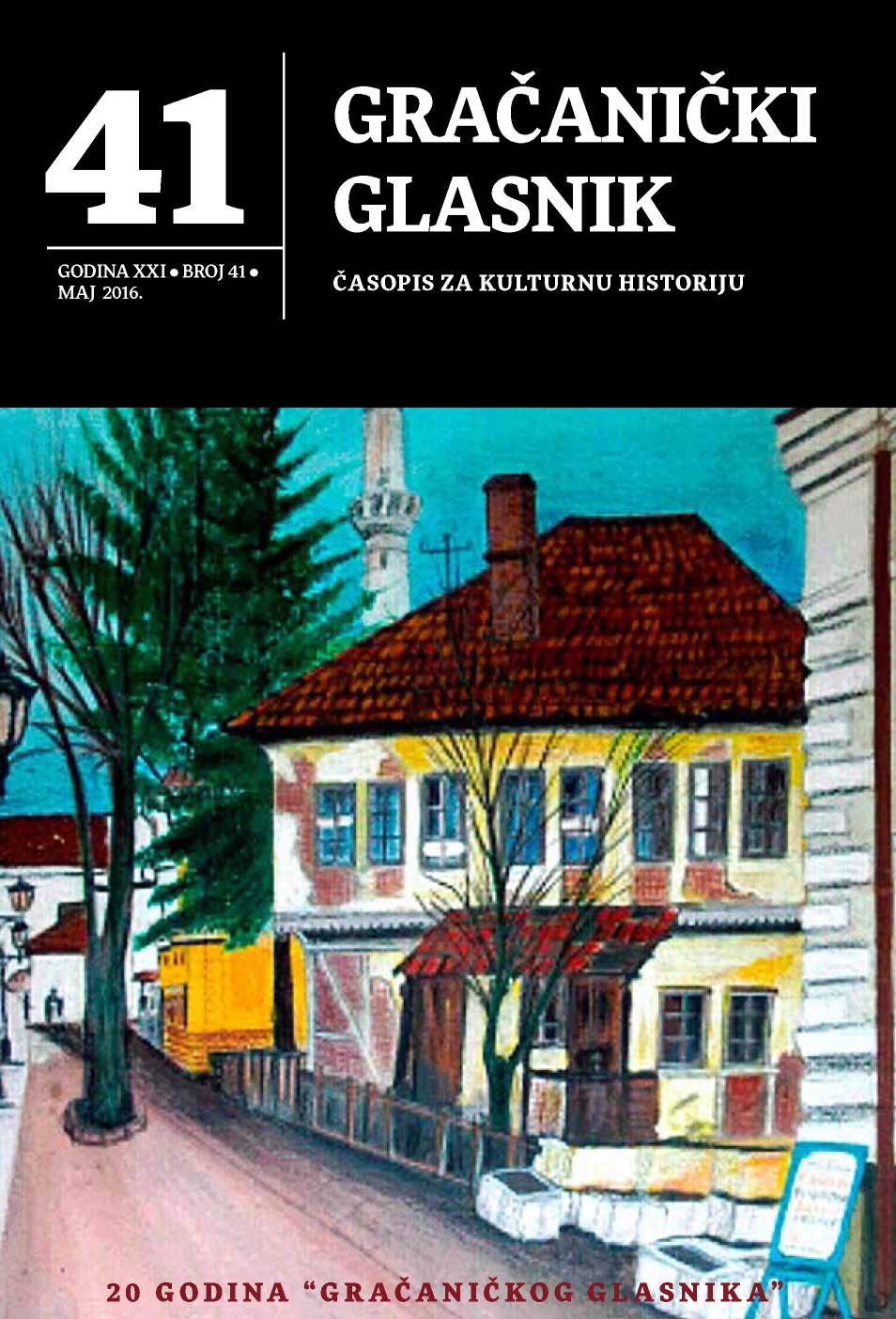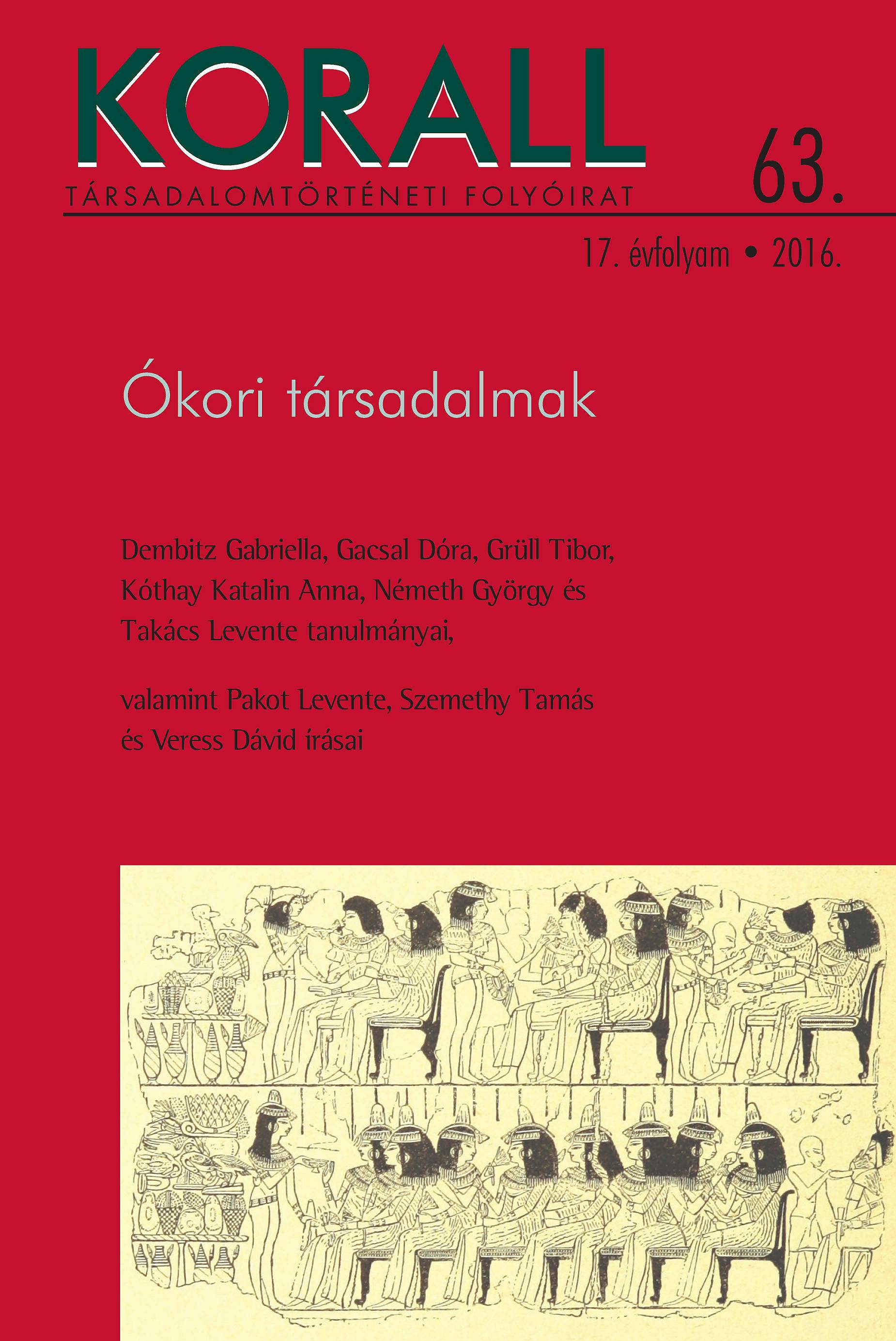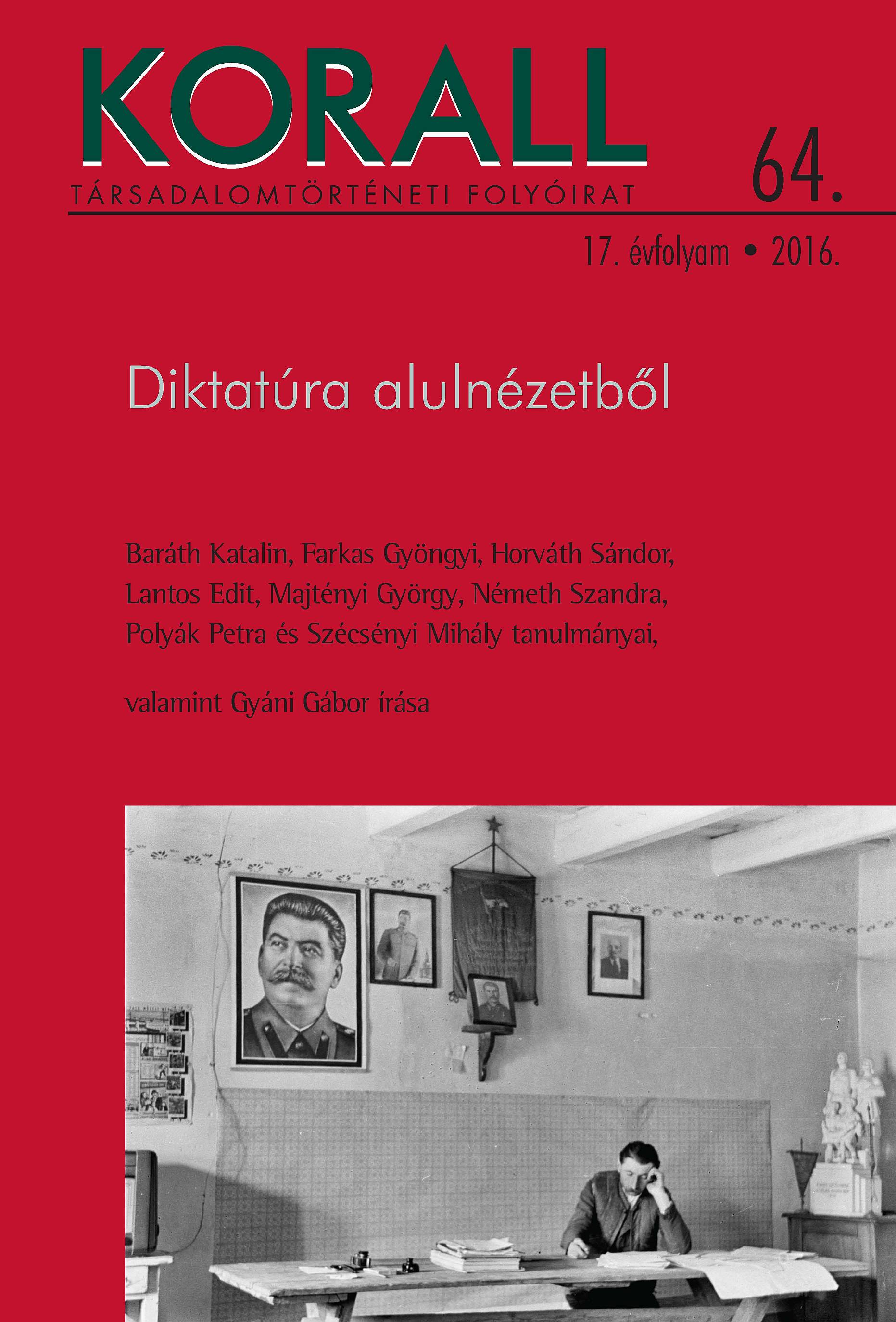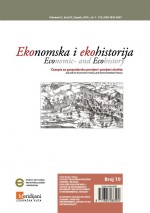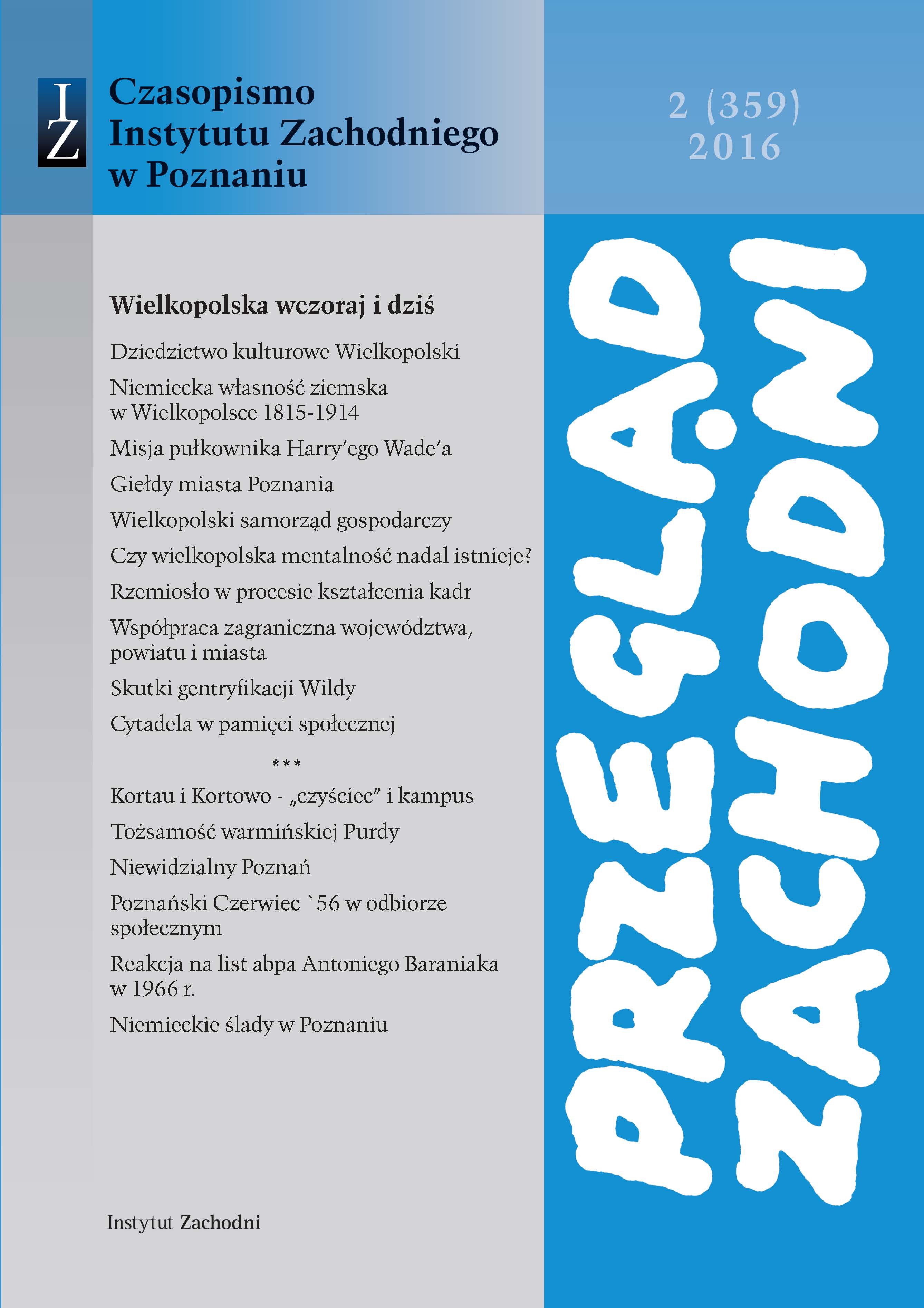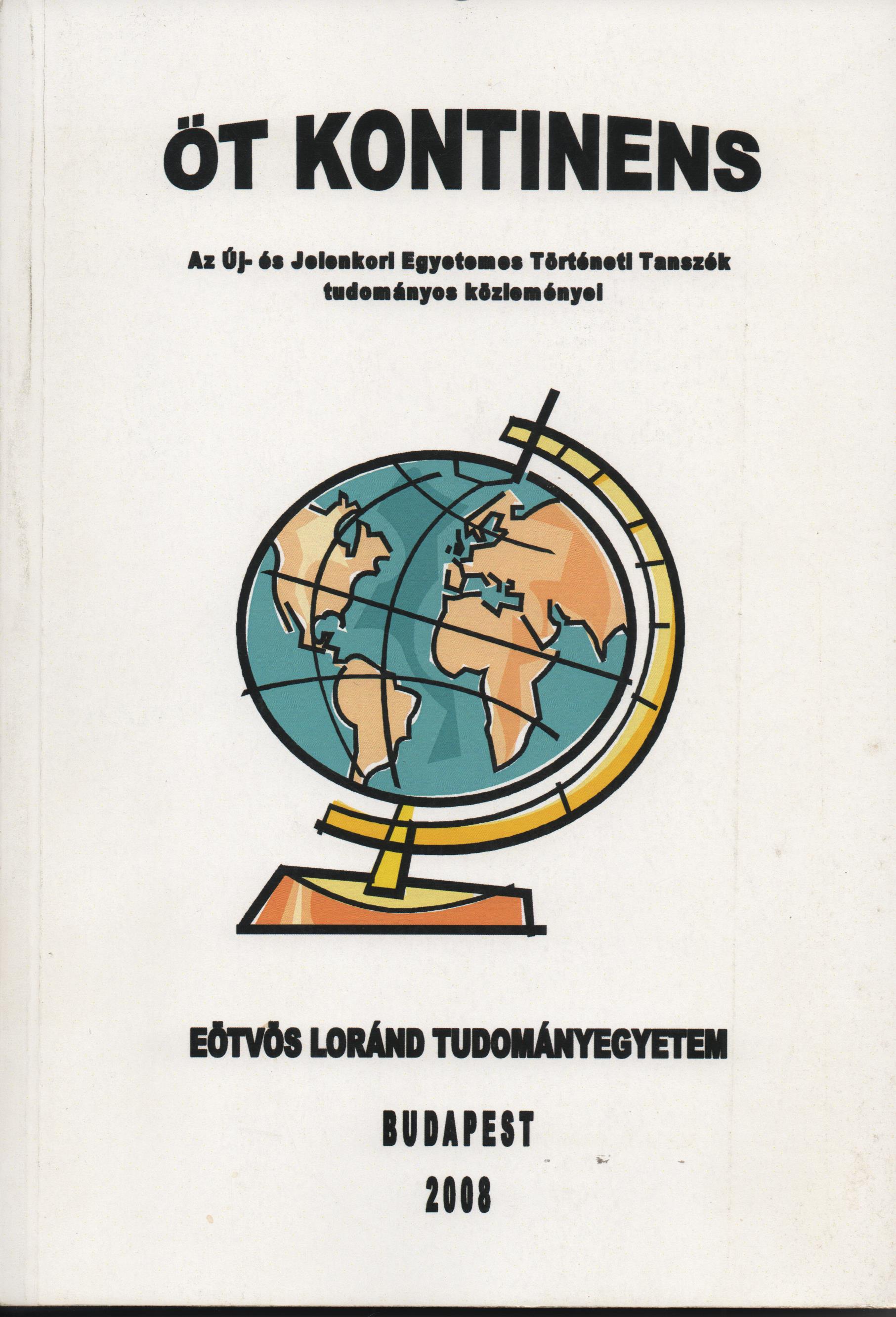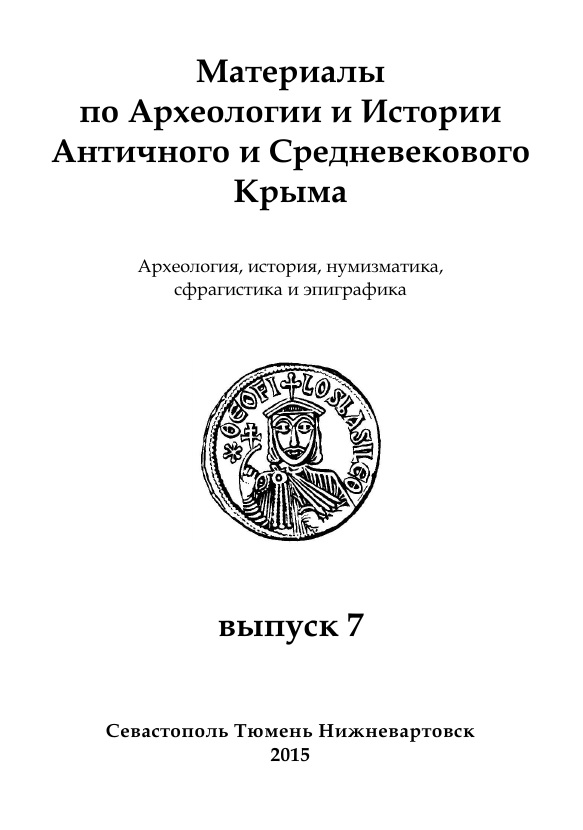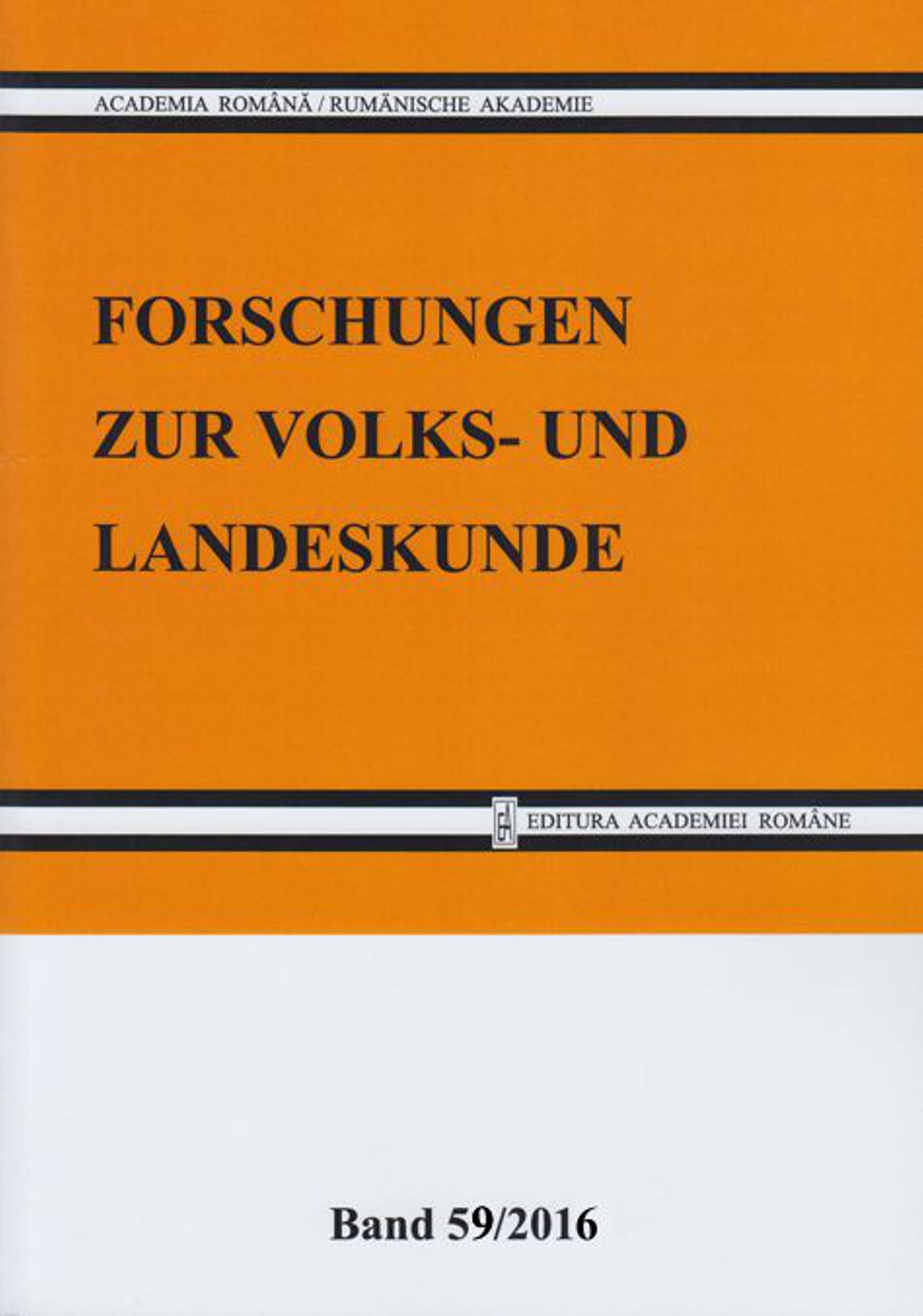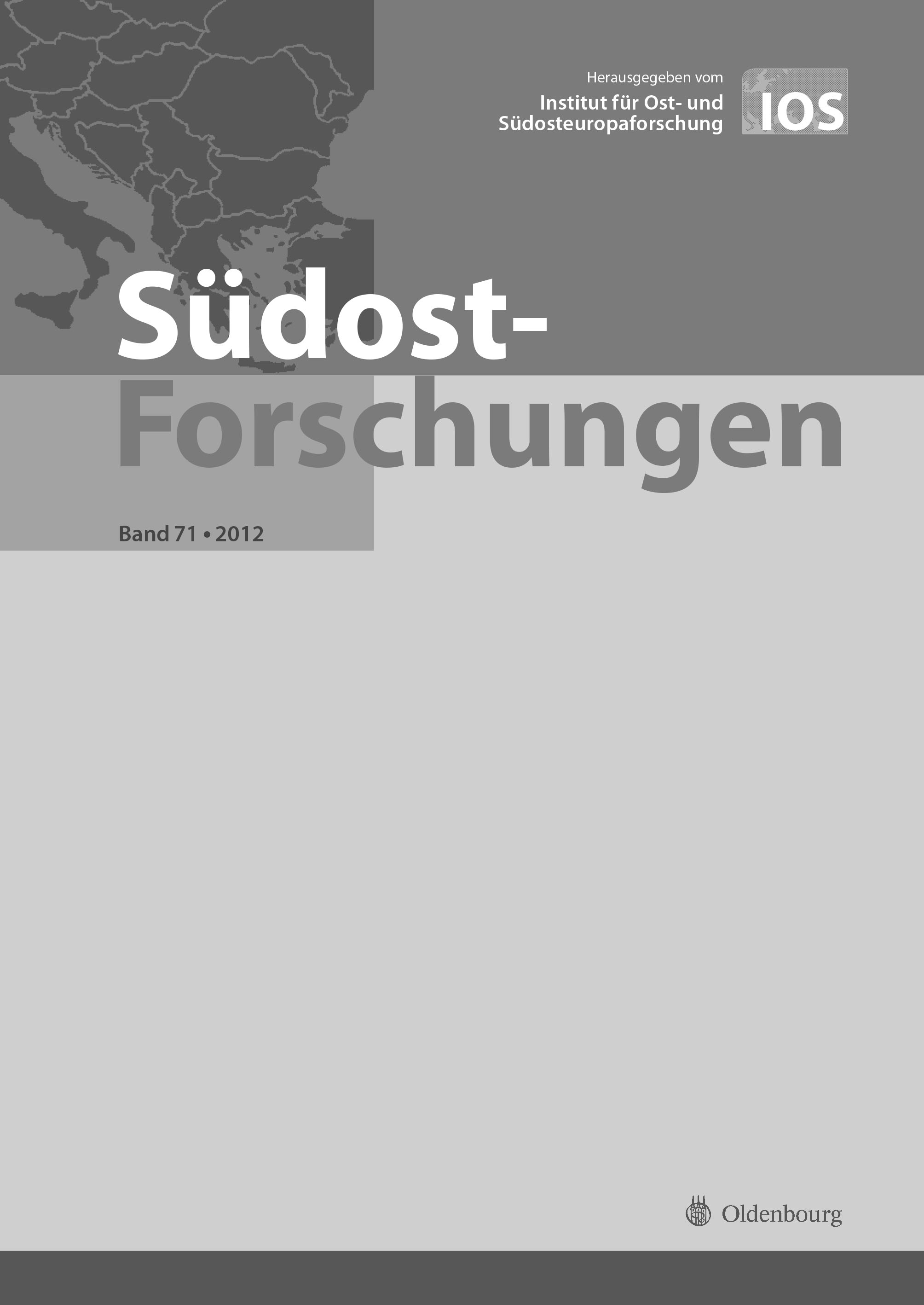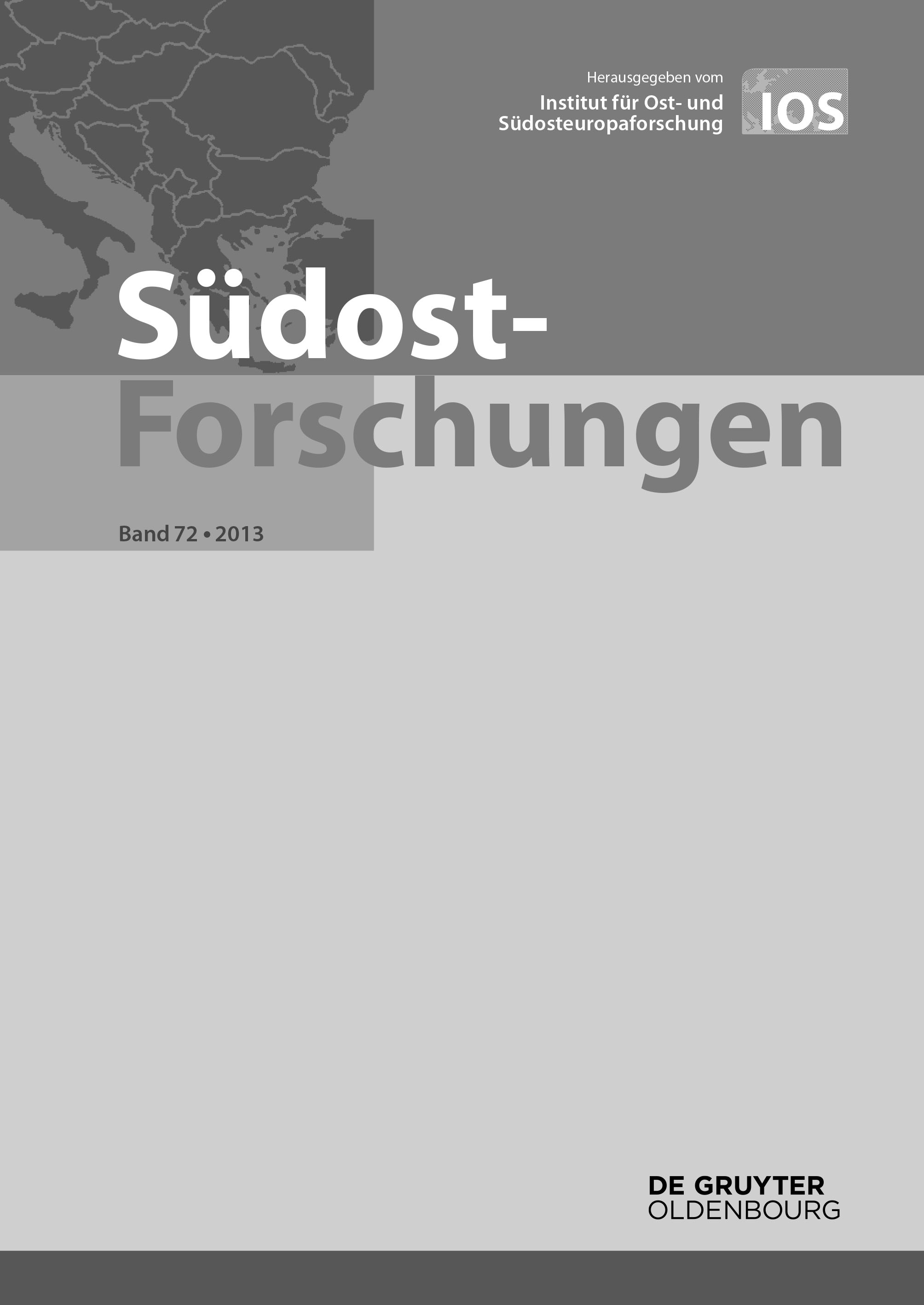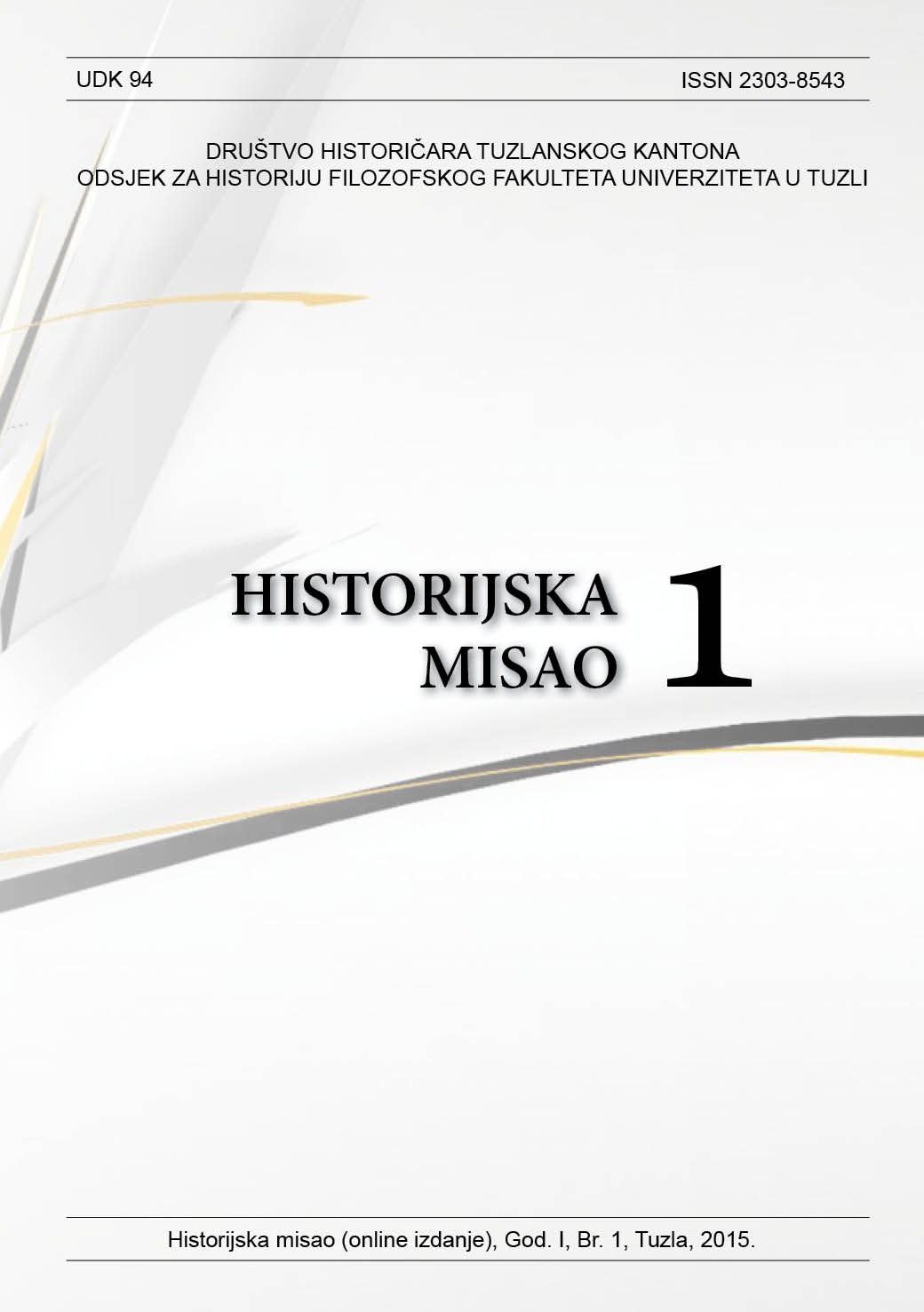
STRANI KAPITAL U PRIVREDI BOSNE I HERCEGOVINE (1918–1941)
Foreign capital has played an important role in the economic development of Bosnia and Herzegovina. Economic modernization was made with its help, large-scale industry was raised, and the modern way of doing business was introduced. By entering Bosnia and Herzegovina in the composition of the Yugoslav state, the tough period for foreign capital has come into existence. Enterprises and banks in its property were placed under sequestration of the state, after which their nationalization was completed. That procedure created, for a certain period of time, the suspension of production in the most productive economic undertakings.In addition, nationalization has created bad business environment and great distrust among the foreign investors. Poor business environment reduced the inflow of fresh capital from abroad. The lack of foreign investment had far-reaching consequences for the economic activity of the country. The state instead of trying to eliminate and reduce to a minimum foreign investment, should have sought protection of its interests through the legislation, and should have made possible unimpeded influx of foreign capital into the country. By doing so, it could carry out the reclamation of economic opportunities on two fronts, that is, in foreign currency terms through improving the balance of payments, as well as by the means of increasing production on the other hand. These measures could improve the purchasing power of the domestic currency, increase cash circulation and provide necessary working capital for economy, which could create new jobs and raise living standard.
More...
